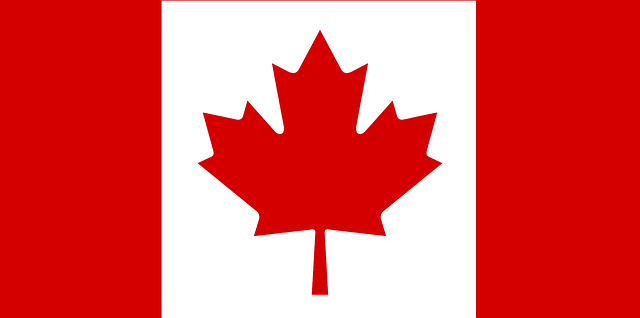Immigration
Quebec has received 96 per cent of illegal border crossings so far in 2018

Stephan Reichhold, director of a Montreal-based group that represents 140 Quebec organizations working with refugees, immigrants and people without status, said it’s unclear exactly why Nigerians are coming to Canada in greater numbers. (Pixabay photo)
MONTREAL – Quebec continues to receive the overwhelming majority of asylum seekers in Canada, with 96 per cent of illegal crossings into the country so far in 2018 happening at its border with the United States, according to recent RCMP statistics.
The rapid increase in the number is spurring calls from politicians in the province and community groups for Ottawa to change an agreement with the United States they say is encouraging people to get into Canada outside official ports of entry.
Out of 7,612 people who crossed illegally into the country during the first four months of the year, 7,307 came into Quebec – 2,479 in April alone, a 32 per cent increase from March.
Manitoba and British Columbia received the remainder, with about 150 asylum seekers each entering those provinces so far in 2018.
The Quebec government said projections suggested there could be as many as 400 crossings per day this summer, compared to 250 in 2017.
In recent months, the number of new arrivals has increased dramatically, with many would-be refugees coming from Nigeria after spending only short periods of time in the United States before boarding buses destined for the border.
Stephan Reichhold, director of a Montreal-based group that represents 140 Quebec organizations working with refugees, immigrants and people without status, said it’s unclear exactly why Nigerians are coming to Canada in greater numbers.
“There have been very little decisions taken regarding the recent arrivals by the immigration and refugee board,” he said. “So we don’t know very much on what basis they are claiming asylum in Canada.”
But a quick look at news reports from that country tells a story of a region rife with conflict.
Amnesty International’s 2017-18 report on the country details the violence carried out by jihadist militant group Boko Haram, and notes Nigeria has 1.7 million internally displaced people.
“The military arbitrarily arrested and held thousands of young men, women and children in detention centres around the country,” the report states, while “inter-communal violence linked to lingering clashes between herdsmen and farming communities resulted in more than 549 deaths and the displacement of thousands in 12 states.”
Reichhold says his group is trying to persuade Quebec political parties to lobby Ottawa to end the so-called Safe Third Country Agreement signed with the United States. It came into effect in 2004.
The deal forces asylum seekers to make a claim in the first country in which they arrive -except if they cross at an illegal entry point.
Reichhold says suspending the agreement would likely not reduce the number of asylum seekers, but would lessen the stigma associated with people who cross “illegally” into Canada.
Furthermore, the agreement was signed when the two countries had “comparable” refugee systems, which he says is no longer the case due to the strict immigration policies of the current U.S. administration.
Quebec’s official opposition, the Parti Quebecois, has called for Ottawa to suspend the agreement.
Public Safety Minister Ralph Goodale said earlier this month his government was in exploratory talks with the United States to reopen the deal.
Aside from illegal border crossings, 7,810 people arrived at an official Canadian point of entry – land, marine or air – and applied for asylum status in the first four months of 2018.
Roughly 65 per cent of those were in Quebec and about 30 per cent in Ontario.





















